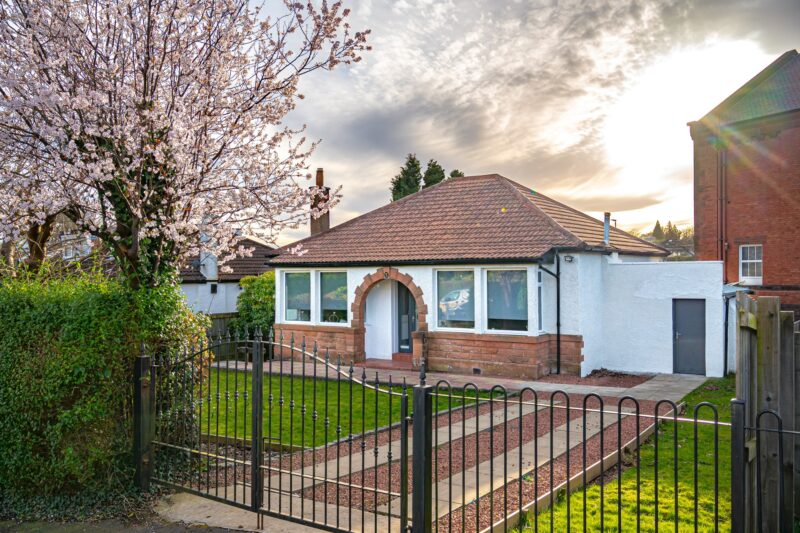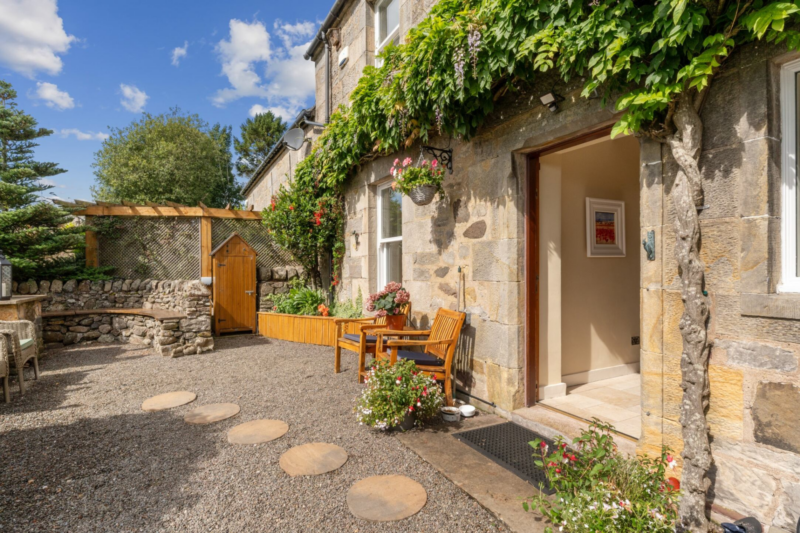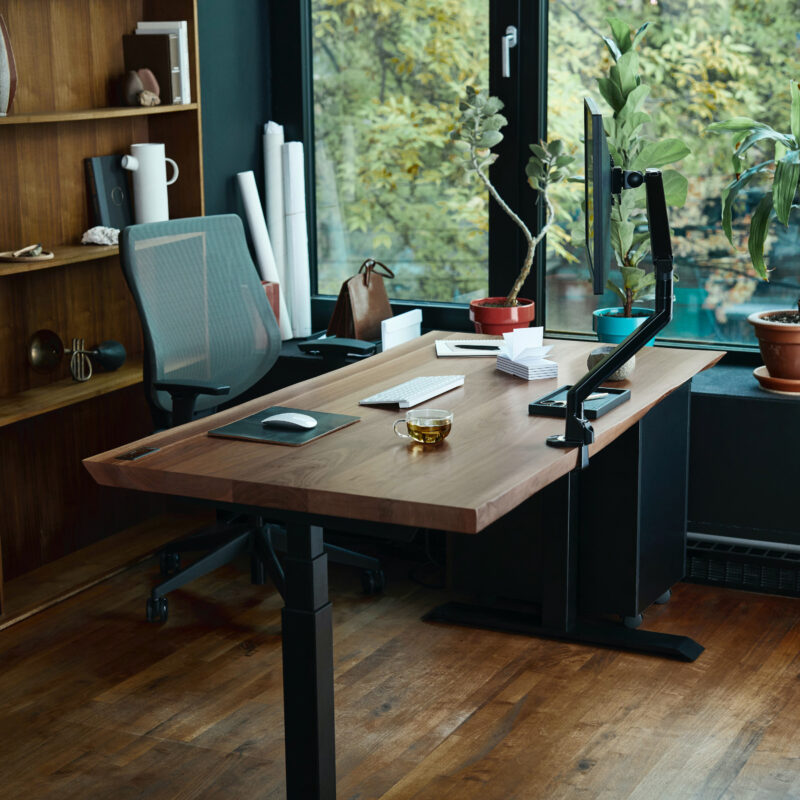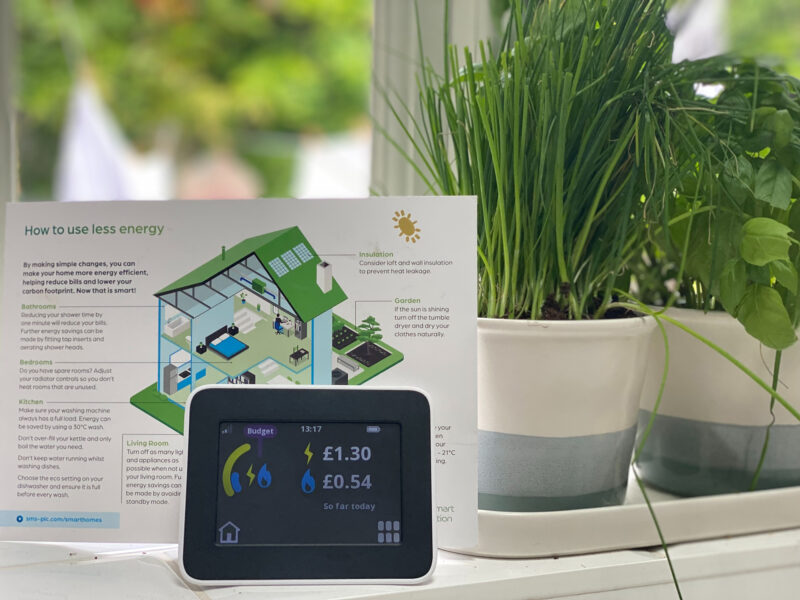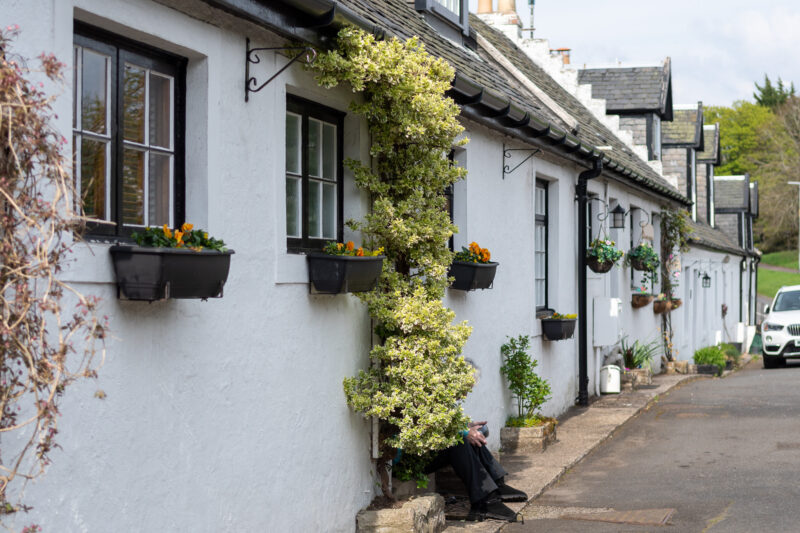
A Legal and Financial Guide for Landlords in Scotland
As a landlord, we completely understand the importance of entrusting your property to the right agent.
That is why Clyde are completely committed to sourcing you the best tenant at the best possible rental price, maximising your return and ensuring your property holds or increases in value while under our management care. Quite simply, our “hands-on”, personal approach, 7-days-a-week, coupled with unique-service innovation, enable us to deliver the most comprehensive letting service available, of any agent today.
Whilst all the rules and regulations of letting might seem somewhat daunting, Clyde Property is be able to guide and fully assist you throughout, as it is essential you take care of your responsibilities as a landlord from the outset. Not only will it give you a better chance of finding tenants but keeping a safe and properly maintained property will also ensure that you remain free from potential legal problems.
Here is our comprehensive legal and financial checklist for landlords in Scotland.
Mortgages
If you have a mortgage you must obtain consent from your mortgage lender prior to letting your property. If your interest in the property is leasehold your lease may require you to obtain consent from your landlord prior to sub-letting.
Insurance
Standard homeowner insurance may well be void when you let out your property so it is important to contact your insurer and keep them informed. However, our branches can put you in touch with specialist recommended landlord insurers offering comprehensive landlord insurance.
Landlord Registration
From 30 April 2006 all private landlords letting properties in Scotland must apply for and gain registration in the register of landlords. This statutory requirement for landlords to register with the local authority is in terms of Part 8 of the Anti-Social Behaviour etc (Scotland) Act 2004. The aim of landlord registration is to ensure that all private landlords in Scotland are ‘fit and proper’ to be letting residential property. The requirement helps local authorities to remove disreputable landlords from the market and protect tenants and their neighbours from the impact of anti-social behaviour and mismanaged property on the wider community. You can apply online here to register as a landlord.
Please note that Clyde Property will supply landlords who are letting property through us with Clyde Property’s Agent Number specific to your property’s local authority area for the purpose of registering with the Landlord Register.
Repairs
Landlords are generally responsible for the maintenance and major repairs to a property. This includes repairs to the exterior and structure of the property as well as the internal of the property. Private landlords have a duty to ensure that the property they rent to tenants meets the Repairing Standard as laid out in the Housing (Scotland) Act 2006 S13 (1)
• The house is wind and water tight and in all other respects reasonably fit for human habitation
• The structure and exterior of the house (including drains, gutters and external pipes) are in a reasonable state of repair and in proper working order
• Installations in the house for the supply of water, gas and electricity and for sanitation, space heating and heating water are in a reasonable state of repair and in proper working order
• Any fixtures, fittings and appliances provided by the landlord under the tenancy are in a reasonable state of repair and are in proper working order
• Any furnishings provided by the landlord under the tenancy are capable of being used safely for the purpose for which they are designed
• The house has satisfactory provision for detecting fires and for giving warning in the event of a fire or suspected fire (i.e. smoke alarms are fitted where necessary)
Tenants will be able to apply to the Private Rented Housing Panel if they believe their landlord has failed to meet the above standards. If the panel decides your property doesn’t meet the repairing standard, they will order you to carry out the necessary work. If you don’t, you could face a fine of up to £1,500.00.
The Furniture and Furnishings Fire Safety Regulations
The above regulations were amended in 1993 and set a new and more stringent level of fire resistance for domestic upholstered furniture and furnishings. It is now an offence to ‘supply’ in the course of business, including the supply of furniture for a residential property to be let, any furniture which does not comply with the regulations. The regulations apply to: beds, bed-heads, sofas, children’s furniture, garden furniture suitable for use in a dwelling, cushions, pillows, stretch or loose covers for furniture and other similar items. The regulations do not apply to: carpets, curtains and bedclothes (including duvets and mattress covers).
Furniture manufactured after March 1990 is likely to comply, but if the appropriate labels are not on the furniture or furnishings, compliance is doubtful and checks should be made with the manufacturer or replaced with the compliant equivalent.
Gas Safety Regulations
These regulations came into effect 31st October 1994 to ensure that gas appliances are properly installed and maintained in a safe condition. It is the responsibility of landlords to ensure that all gas appliances and gas installation pipe work owned by them are checked for safety at least once a year by a Gas Safe registered installer. Furthermore accurate records of safety inspections and any work carried out must be kept and the current safety certificate must be issued to the occupier within 28 days of the annual check and a copy issued to any new tenant prior to them taking occupation of a property. Faulty equipment can be fatal and lead to the imposition of custodial sentences on the landlord and significant fines. Under the regulations any appliance that does not conform can be disconnected. For more detailed information on gas safety see the Heath and Safety Executives (HSE) leaflet on Landlords: A Guide to Landlords’ Duties or consult the HSE Landlord’s Responsibility for Gas Safety webpage.
Clyde Property can arrange for a Gas Safety Inspection to be carried out on your behalf.
Electrical Safety
Landlords have a legal duty to ensure that their rental property and any electrical equipment provided, is safe before a tenancy begins and throughout its duration. The Housing (Scotland) Act 2006 details this requirement in Section 13 of the Repairing Standard. A house or flat meets the Repairing Standard if:
• The installations in the house for the supply of water, gas and electricity and for sanitation, space heating and heating water, are in a reasonable state of repair and in proper working order (subsection (1)(c))
• Any fixtures, fittings and appliances provided by the landlord under the tenancy are in a reasonable state of repair and in proper working order (subsection (1)(d))
The Electrical Equipment (Safety) Regulations 1994, also impose an obligation on a landlord to ensure that all electrical appliances left as part of a let property are safe and are made in line with safety measures, meeting safety objectives.
More recently however, the Housing (Scotland) Act 2014, which received Royal Assent on the 1st of August 2014 is set to increase landlord obligations in respect of electrical safety inspections with the addition of a new requirement after Section 19 of the Housing (Scotland) Act 2006, Section 19A – Duty to ensure regular electrical safety inspections – will state that the landlord must ensure that regular inspections are carried out for the purpose of identifying any work which relates to installations for the supply of electricity and electrical fixtures, fittings and appliances (subsection (1)(a)) and is necessary to ensure that the house meets the repairing standard (subsection (1)(b)).
In line with the Electrical Safety Council a landlord will have complied with the duty if the electrical inspections are carried out at no less than five yearly intervals (subsection (2)(a) and (b).
Clyde Property can arrange for Portable Appliance Testing and an Electrical Installation Condition Report to be carried out on your behalf.
Energy Performance of Buildings (Scotland) Regulations 2008
Since the 4th of January 2009, landlords in Scotland are now required to provide an Energy Performance Certificate (EPC) when letting a property. This is for new tenancies only and landlords do not need to carry out an EPC inspection for properties that are currently let out until the tenancy changes If you have purchased your property after the 1st of December 2008, the seller will have been legally required to have instructed and provided you with a Home Report for marketing purposes which also contains an EPC you can then use for the purpose of letting your property. The EPC for let properties has a life span of 10 years but can be updated if the landlord has implemented cost effective improvements.
It is now a criminal offence to grant a lease without an EPC on any building that requires one. Failure to supply an EPC could result in a fine £500.00 for a domestic dwelling but Clyde Property have approved in house Domestic Energy Assessors who can take care of your EPC needs. For further information on EPCs please see the Guidance notes for Private Landlords on the Provision of EPCs.
Legionella Risk Assessment
The Health and Safety Executive have produced technical guidance Legionnaires disease, Part 2: The control of legionella bacteria in hot and cold water systems (hSG274/Part 2) which gives practical advice on the legal requirements of the Health and Safety at Work etc Act 1974, the Control of Substances Hazardous to Health Regulations 2002 concerning the risk from exposure to Legionella and guidance on compliance with the relevant parts of the Management of Health and Safety at Work Regulations 1999.
Landlords who provide residential accommodation, as the person in control of the premises or responsible for the water systems in their premises, have a legal duty to ensure that the risk of exposure of tenants to legionella is properly assessed and controlled. All water systems require a risk assessment but not all systems require elaborate control measures. A simple risk assessment may show that there are no real risks from legionella, but if there are, implementing appropriate measures will prevent or control these risks.
Clyde Property can arrange for a Legionella Risk Assessment to be carried out on your behalf.
Smoke Alarms and Fire Safety
Fire safety in let property in Scotland is covered by the Housing (Scotland) Act 2006. The repairing standard at Section 13(1)(f) requires a property to have adequate provision for detecting fires and giving warning in the event of a fire or suspected fire. As stated in Section 13(5) of the 2006 Act, in deciding whether this standard is met, regard must be had to any building regulations and any guidance on the subject issued by the Scottish Ministers.
The Scottish Government has produced revised statutory guidance on the requirements for smoke alarms in line with the amended and revised technical guidance that has been issued by Building Standards Division (Technical Handbooks 2013 Domestic – Fire). The revised Domestic Technical Handbook guidance states there should be at least:
• One functioning smoke alarm in the room which is frequently used by the occupants for general daytime living purposes,
• One functioning smoke alarm in every circulation space, such as hallways and landings,
• One heat alarm in every kitchen, and all alarms should be interlinked.
Clyde Property can arrange for your smoke/heat detectors to be upgraded on your behalf if necessary.
Carbon Monoxide (CO) Alarms
From 1st October 2013 Scottish building regulations require carbon monoxide From the 1st December 2015, the Housing (Scotland) Act 2014 will introduce changes in relation to the requirement for provision of carbon monoxide alarms in private rented housing. The 2014 Act introduces an amendment to the Repairing Standard to include the additional requirement that “the house has satisfactory provision for giving warning if carbon monoxide is present in a concentration that is hazardous to health. “
The requirement for a CO gas detection system relates to all private rented properties where there is a fixed combustion appliance either in the property or in an inter-connected space (for example, where there is an integral garage). Landlords should be aware that combustion appliances such as boilers, fires (including open fires), heaters and stoves fuelled by solid fuel, oil or gas all have the potential to cause CO poisoning. The Scottish Government’s guidance states that you are not required to have a CO detection system where there is no inter-connection with the property from an outbuilding or a garage that holds the fixed combustion appliance. CO detectors can be battery operated.
Battery powered CO alarms are relatively inexpensive around £20.00 and can be purchased from a variety of hardware retail outlets.
At Clyde Property, a successful let starts with the most up-to-date letting advice from our team of ARLA qualified experts. Our letting advisory service looks after all your legal obligations and helps you secure the highest rental value possible. What’s more, your property will be professionally presented with floor plans and high quality photography to maximise tenant interest. We are also regulated by the Association of Residential Letting Agents (ARLA), the Association of Professional Inventory Providers (APIP) and the Property Ombudsman, providing reassurance of the best possible service of any letting agent today.
Just call your local Clyde Property office today for advice or just a chat about the local letting market.





